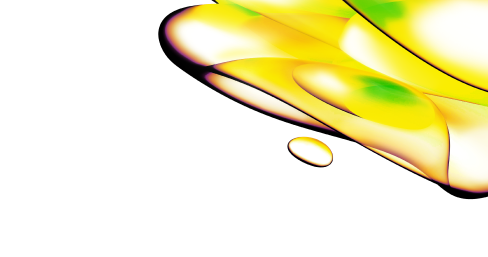Resource Center
Explore Resource Types
We have housed the technical documents (SDS, COAs, Manuals and more) in a dedicated section.
Explore all All Resources
Filters
Select resource types
Select products & services (1)
Select solutions (1)
Active Filters (2)
Clear All
25 - 34 of 34 Results
Sort by:
Best Match
High-Throughput Approaches to Overcome Antimicrobial Resistance - Part 2
The use of machine learning algorithms to predict how an organism is going to behave in response to an antimicrobial.
Deeper insights from your 3D cell model imaging
Infographic describing tools and strategies to get the most out of your 3D cell model imaging and analysis workflows.
Nuclei segmentation on brightfield images using a pre-trained Artificial Intelligence (AI) model
Technical note describing the use of Phenologic.AI software module, for Signals Image Artist and Harmony image analysis software, for nuclei segmentation of brightfield images.
Developing a phenotypic in vitro model for progression of liver steatosis
A recent study developed a model of hepatic steatosis in functional human induced pluripotent stem cell-derived hepatocytes (hiPSC-Hep).
A workflow to characterize and benchmark human induced pluripotent stem cells
Case study describing a high-content imaging workflow to characterize and benchmark human induced pluripotent stem cells
Artemisinins target GABAA receptor signaling and impair α cell identity
Artemisinins Target GABA Receptor Signaling and Impair α Cell Identity encouraging α cells to convert into insulin-producing β-like cells.
A multiparametric live-cell cytotoxicity analysis using the Operetta High-content Analysis System
An in vitro cytotoxicity approach using HepG2 cells, which are used as an effective indicator of the human hepatotoxicity potential of test compounds.
High-content imaging of brain-on-chip microfluidic devices using PreciScan intelligent acquisition.
In collaboration with ETAP-Lab, this technical note demonstrates automated image acquisition of brain-on-chip microfluidic devices for neuronal research.
Inhibiting interleukin 11 signaling reduces and reverses many dangerous effects of NAFLD/NASH in mouse models
Study demonstrating that inhibiting Interleukin 11 Signaling Reduces Hepatocyte Death and Liver Fibrosis, Inflammation, and Steatosis in Mouse Models of NASH
Upscaling organoid research for sharper biological insights
To scale up, standardize and achieve greater biological insights, researchers need to rely on automation and multi-dimensional datasets.


Looking for technical documents?
Find the technical documents you need, ASAP, in our easy-to-search library.




























